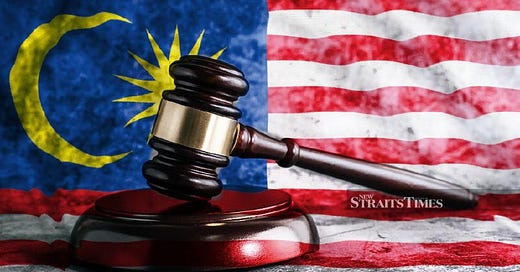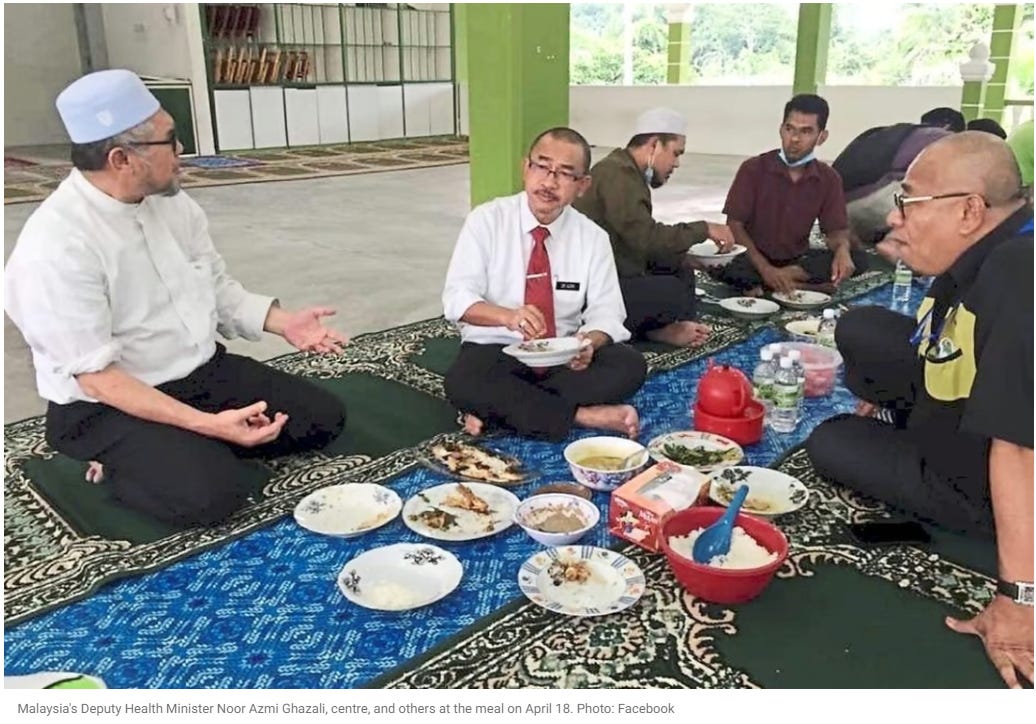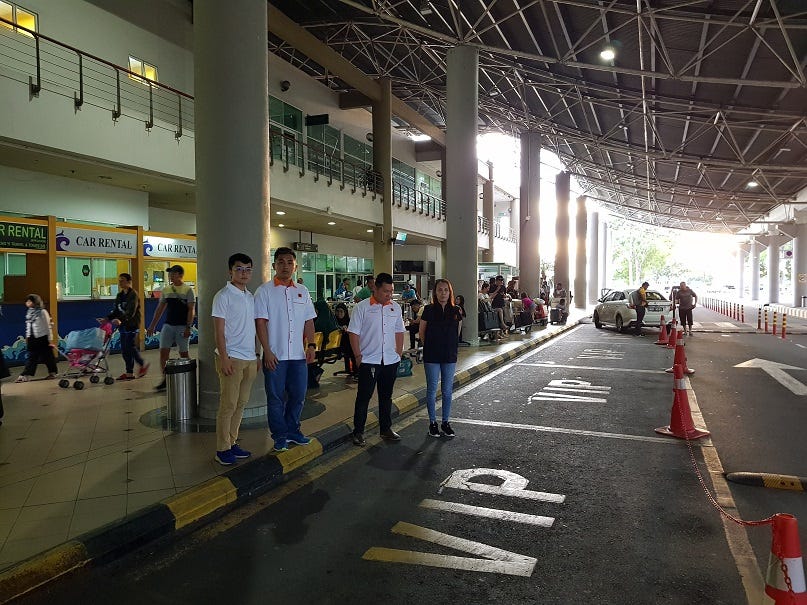The Zahid passport decision is a reminder of a two-tier legal system
Giving the wrong optics on corruption
The decision by the Court of Appeal to allow deputy prime minister Ahmad Zahid Hamidi, due to his changed circumstances to have his passport permanently back in order to travel internationally for official functions, is a reminder of the two-tier legal system in Malaysia.
This is on top of the wife of jailed former prime minister Najib Razak, Rosmah Mansor obtaining approval for the release of her passport, so she can visit family in Singapore. Rosmah has been already convicted for corruption and has been sentenced to 10 years jail, and is on bail awaiting appeal.
These are decisions in corruption cases which give the wrong optics. The decisions suggest that corruption is not such a serious offense. This compares with those declared bankrupt, some for guaranteeing a relative’s loan, which went bad due to the MCOs, and may not be able to travel internationally for years to come.
This doesn’t appear to be equitable, when a loan default might be for a few thousand Ringgit, but a corruption conviction may involve millions of Ringgit.
These court rulings are indicative of a wider problem. That is the issue of equality under the law for everyone, no matter their position in society. During the Covid pandemic, we saw struggling people being given very heavy fines, some beyond their ability to pay, while VVIPs were, if shown up on the media, dished out a token fine, as an afterthought.
The legal process during the MCOs really pointed out the inequality of the system, which most have forgotten.
Malaysia is suffering ‘VVIP’ syndrome, where someone with a title, high status position, or just enormously rich, will be treated differently from the ordinary Rakyat. This is a hangover from colonial times, when there were ‘tuans’ and the ‘hamba’. This is at the heart of old colonial feudalism. This mindset is deep set within the nation’s legal system, and sense of justice.
There are a number of factors working towards maintaining this two-tier system of justice in Malaysia, which must be dismantled.
1. Some members of the judiciary have respect for position in society and subconsciously will treat a VVIP differently to another defendant. Thus, ordinary people are at a disadvantage to VVIPs within the court process, especially when subjectively assessed on the ‘quality of character’. Whether, the above observation is valid or not, this is the perception of the judicial system, held by many ordinary people.
2. The prosecution can be biased towards defendants. This often influences how they prepare a case -evidence, argument, and attitude. Case preparation has a great bearing over the final verdict of a trial.
3. The leadership of public institutions often turn a blind eye to wrong doing, or handle wrong doings outside of the legal system altogether. Many people with any aura of status around them escape any legal prosecution. Sometimes wrong doing and corruption is totally covered up, to prevent any scandal around a ministry, department, agency, university, of school.
There is great danger we are seeing a return to the politicization of the legal system. Some are critical of what could be argued are selective persecutions, easy treatment for some, and inconsistent penalties in the system. Some are even saying the legal system is being weaponized.
The bottom line is Malaysia have a two-tiered legal system. Malaysia is not the only country in the world with this problem. However, in Malaysia much of the problem is cultural. The culture much be shifted towards the judiciary system seeing all people before it equally. The failure to overturn this psycho-colonial mentality, means Malaysia will remain trapped within a feudal prison.
Subscribe Below:







Agree.
Having been made the DPM what choice does the Court of Appeal have?. Denying the DPM his passport is to convict the DPM before the person is found guilty.
Just like PM 9 was the downfall of UMNO in GE14, I feel that the current DPM will bring PH down in the coming State elections unless his cases are cleared before the elections.